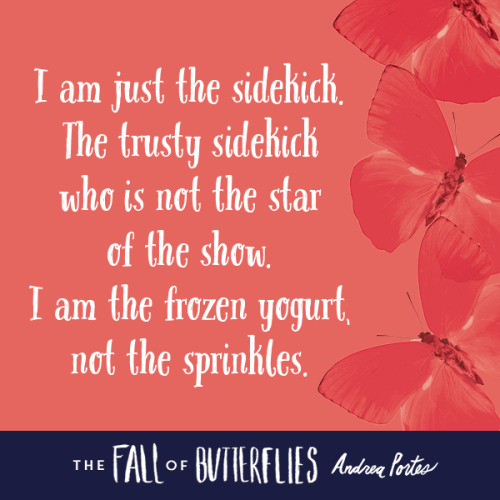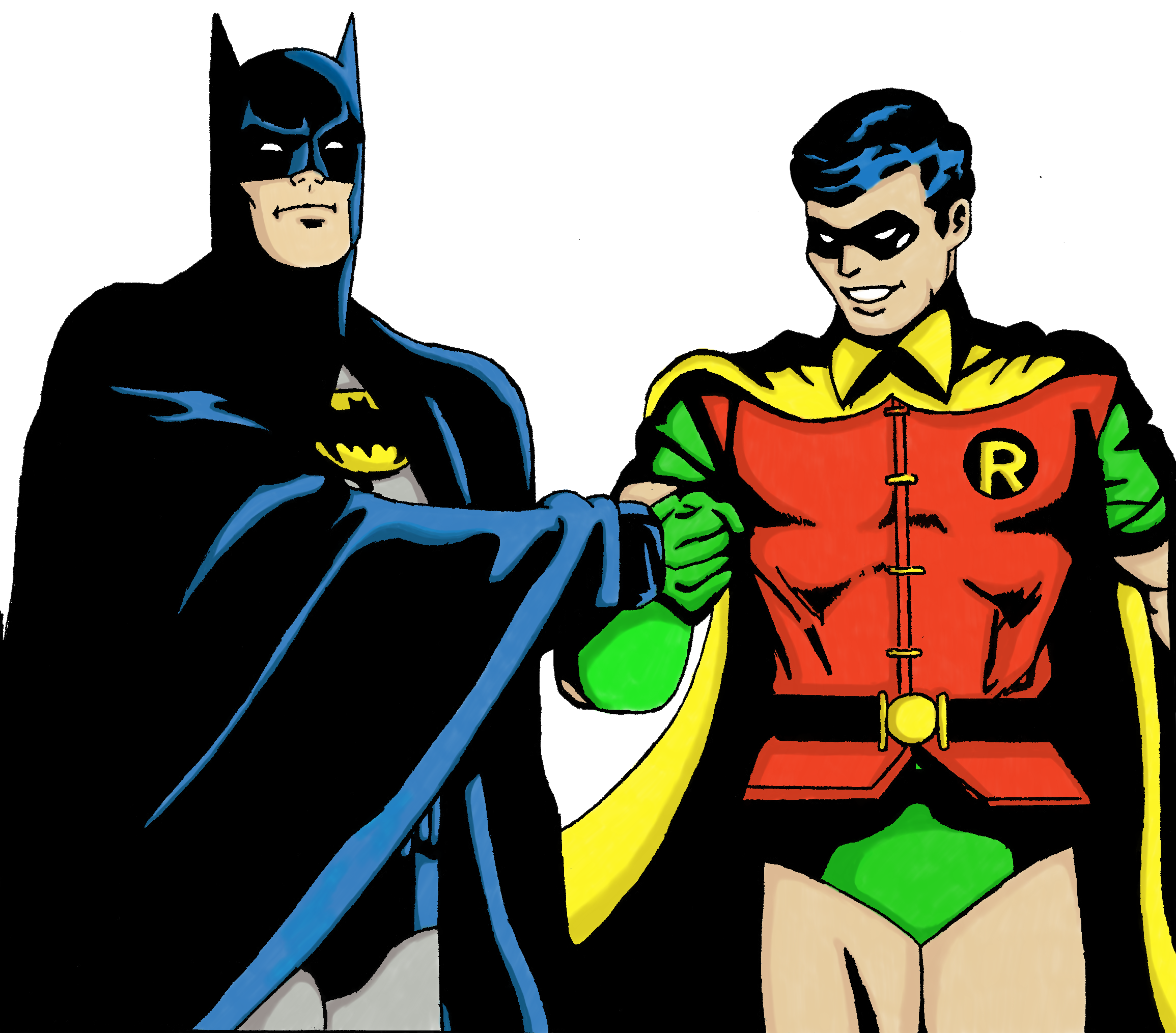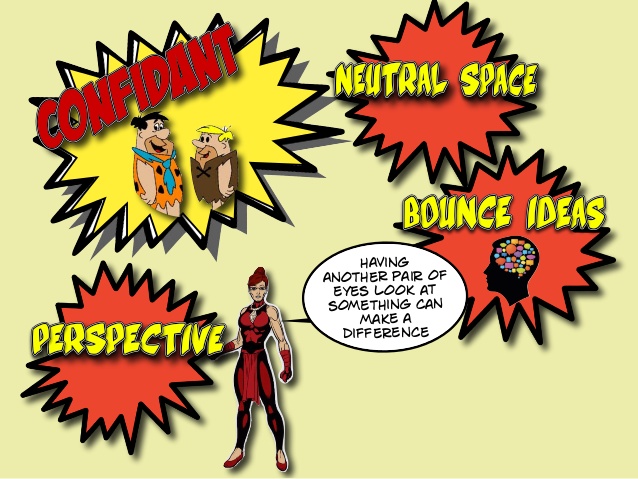I’ve got quite a bit going on in my life at the moment, meaning that I’ve had little time to prepare new content for my Thursday offering. So I’ve raided the archives for a few of my more popular posts from the past.
Here’s one on character-building, which I hope you might find useful.

Batman had Robin, Cagney had Lacey, Morecambe had Wise.
Throughout storytelling, there is a place by the side of the hero for a trusty sidekick or two.
They can serve so many purposes, from the voice of reason and conscience to the sounding board for ideas. They are usually unsung and quite happy to be so, content to be dependable and along for the adventure.
The sidekick can be invaluable in your novel, a source of exposition that is so much better than a descriptive passage. They can explain the boring bits of your tale (if there are any) in a convincing way and make it a part of the story.
In fact, there is just so much to recommend them, right from how they met and teamed up, to their past and their foibles. All of these things can drive your narrative and provide moments of humour, sadness and every other emotion that you might require. And they can save you from having to make your hero seem overblown and capable of everything by sharing the load when the action gets going.
And they don’t have to be there from the start of the tale. Your protagonist can start off by themselves and acquire a sidekick as the story progresses. Or they might have one from some past adventure. This also gives you a subject for them to talk about, giving insight into motives, weaknesses and baggage. They can reminisce in any moments of quiet between the action.
Or your hero might have one; lose them in any number of circumstances and just when they think they are doomed to a life of loneliness or a battle against overwhelming odds they get another.
And finally, there is the inanimate sidekick, like the bat cave or the fortress of solitude, the place where our hero goes for rest and reflection, to restore themselves or to clear their heads. This is potentially the hardest sidekick to write because it’s not directly emotional, it’s a place, therefore it has no dialogue. Instead, it must generate a reaction in the hero through its location, atmosphere and facilities.
Whew! When I started jotting down thoughts about sidekicks I never realised quite how much there was to go on. There’s enough scope there for a whole master class. And I’ve barely scratched the surface yet!
So let’s start to look at that in a bit more detail. If you’re the hero in an adventure novel; what can a sidekick do for you?
The sidekick keeps you sane and on the path, by pointing out your mistakes and providing useful and timely advice.
Or, the sidekick leads you astray, by having their own agenda, or a goal that doesn’t align with yours, although the initial idea may have been the same.
Gaining or losing a good sidekick can be a source of tension or plot development, there can be thoughts of revenge at the demise of a faithful sidekick or surprise when one of the enemies becomes a friend…, or do they? Can they ever be trusted? There’s a great way to introduce tension, just how much can you tell someone whose motives are unclear?
There’s the value of conversation with one, it can move the plot along, expose back story in a more approachable way or provide a means for the hero to argue his case.
Then there’s the ‘who will rid me of this turbulent priest?’ kind of sidekick. The manifestation of our hero’s conscience that is fated to be disposed of. Usually when the advice becomes too much or gets a little too close to home. This will inevitably lead to remorse in the hero and can motivate them to perform some action that they might not have otherwise done.
Sometimes the sidekick can become a nuisance in other ways and needs getting rid of.
It’s possible that a flash of anger might disrupt the hero/sidekick relationship, leaving room for bitterness, betrayal and a possible reconciliation later. Or it might be enough for the once loyal friend to turn and work against his former ally. Then again, bribery could turn a person’s allegiance if they feel unwanted or undervalued.
Then there are the accidental sidekicks, people thrown together in a common cause, they might hate each other at the start but there is always the potential to develop their relationship as they battle adversity together.
Never forgetting the inept but likeable assistant, sort of boy blunder instead of boy wonder! Or reverse it completely and have the inept hero and the smart ar*e sidekick.
So, as you can see, there is potential for so much in a sidekick, and I’m sure that you can think of plenty of other ways in which they can enrich a narrative.
I’ve had all sorts of sidekicks in my work. I’ve had friends, lovers and people who my character has bumped into in their travels. There have been the distractions, the ones who have dragged me on side projects, the ones who were blessed with skills that I never knew I needed (until I found that I did!)
You can have more than one as well; why not get a group like the Famous Five? But be careful, they can always gang up and force your story into situations that you don’t want, or didn’t plan for. Especially if one of the group turns out to be a bit of a diva. They might be after promotion from sidekick to hero.
As you can see the possibilities are endless. I’ve only just scratched the surface in this article.
I hope I’ve given you some ideas.
There’s a lot more about sidekicks, and world-building in general, in my book Creating a Scifi World.

Do you want to write Sci-fi or Steampunk adventures?
Are you struggling with World Building?
Do you want to create a world: or even a universe, but you’re put off by all the science you think you need to know before you can start?
If the answer to any of those questions is yes, I’ve tried to simplify the process by showing you another way.
This guide is based on the World-building workshops that I hold as a member of the Exeter Authors Association. The aim is to show you an easier way of doing things, with chapters on such subjects as Location, Characters, Sidekicks and Steampunk. I’ll tell you the method that I’ve used to create several universes in the future and in an alternative present, maintaining realism without getting bogged down in the technicalities.
Creating a Sci-fi World contains exercises and suggestions, as well as examples from my novels, there are even some short stories to illustrate how my methods can be applied.
I’d love to get your comments, please leave them below. While you’re here, why not take a look around? There are some freebies and lots more content, about me, my writing and everything else that I do. You can join my newsletter for a free novella and more news by clicking this link.

![]()






Leave a Reply